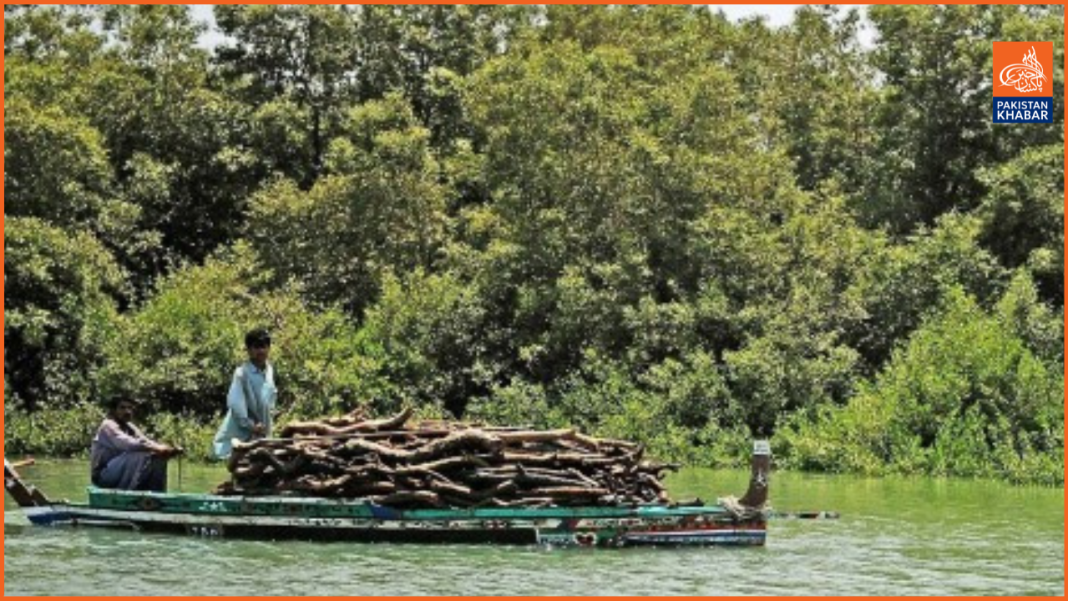Wildfires, climate change, and the conversion of forest land into agricultural, commercial, and housing developments destroy 11,000 hectares of forests year, despite government, civil society, and community efforts.
In honor of International Day of Forests on March 21, the World Wide Fund for Nature-Pakistan (WWF-P) stated maintaining forests is a social and economic need in a statement released Friday.
The year’s topic, ‘Forests and Food’, highlights forests’ vital role in food security, local livelihoods, and biodiversity.
The organization says Pakistan has only 5% forest cover. Most of the terrain is arid and semi-arid, so limited precipitation naturally slows forest growth.
On International Day of Forests, WWF-P urges government, civil society, and local people to safeguard forests.
Human activity destroys thousands of hectares of forest each year. The organization said Pakistan’s forest cover is being reduced by illegal and unsustainable logging, overharvesting wood for fuel and charcoal, and small-scale farming due to population growth, poverty, and ignorance.
It also stated that safeguarding Pakistani forests required a multifaceted approach that unites government agencies, environmental groups, and local communities. WWF-Pakistan emphasizes the urgent need to protect and restore the country’s forests, which underpin biodiversity, local livelihoods, and ecosystem health.
WWF-Pakistan Director General Hammad Naqi Khan said woods serve mankind, wildlife, and the environment. Climate regulation and flood and drought control benefit society and the economy.
Better planning, conservation, and management of forests can increase forest cover and help local economies. Replanting and rebuilding degraded or destroyed forests improves food security, combats climate change, reconnects wildlife habitats, and addresses flooding and soil erosion. Conservation of forests is a social, economic, and environmental imperative, he said.
To preserve trees, he asked government, civil society, corporations, and local communities to collaborate.
WWF-Pakistan reported in July 2024 that numerous Karachi shore mangroves were removed for housing and commercial and industrial enterprises.
The research also stressed the threat of extensive destruction to mangrove environments. The paper suggested stringent legal enforcement and restoration and natural regeneration to prevent Karachi shoreline mangrove degradation.
If preventive actions aren’t done, mangrove regions may be destroyed.




